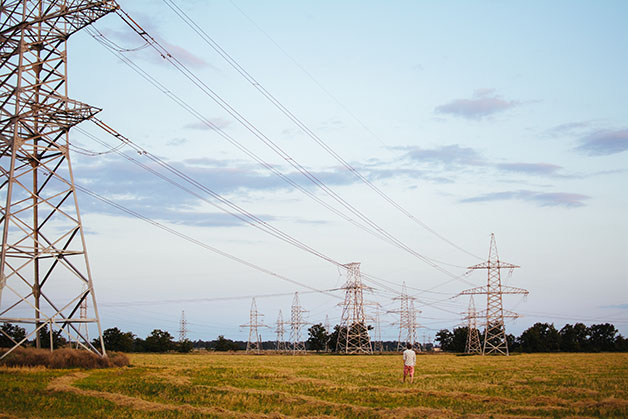Despite a 2.9% reduction in electricity transmission and production costs, consumers in Cyprus will not see any dent in their energy bills due to the electricity authority paying for the right to pollute.
While the Electricity Regulatory Authority has approved the Electricity Authority’s estimated 2.9% reductions on electricity prices for household and industrial bills it will not be passed on as the EAC will have to pay for rights to pollute to be purchased from the EU.
The reductions in costs are due to net reductions in the cost of electricity generation, transmission and distribution.
The cost of using the transmission system for domestic consumers was 0.82 cents per kWh will be reduced to 0.80 cents in 2020.
The charge kWh hour for recovering the costs of the Transmission System Operator is reduced by 0.15 cents in 2019 to 0.11 cents for 2020.
For the use of the medium and low voltage system, the cost of household pricing in EAC accounts was 1.08 cents per kilowatt-hour and reduced to 1.05 cents in 2020.
Production costs will also go down in 2020 as the EAC estimates that the production of a kWh in peak hours in summer will cost 13.7 cents compared to 14.2 cents in the same period last year.
However, consumers should not expect to see any reduction in their bills.
Talking to the Financial Mirror, EAC spokeswoman Christina Papadopoulou, said that any reduction in cost will not be reflected on bills.
EAC will have to dish out an extra €86 mln to cover costs arising from the fact that the EU will no longer be handing out “free” pollution rights.
Prior to 2020, the EU was handing out free polluting rights to member states. With this no longer being the case Cyprus will have to buy rights from the EU carbon market.
According to Papadopoulou, the cost for each ton of liquid fuel used in electricity will see Cyprus paying €30 in pollution rights. The cost in 2007 was €6 and last year €25.
Consumers should only expect to see serious reductions in their bills when natural gas is introduced in the production mix.
“Once the authority moves to use natural gas, prices will drop by 25%,” said Papadopoulou.
As she said the authority is pushing ahead with building the necessary LNG infrastructure.
“Meanwhile, works on installing filters based on the latest technological advancements are to be completed in 2020, which is expected to hold prices down.”










